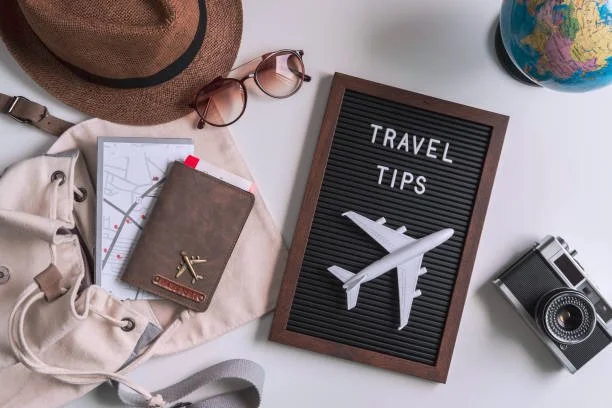Trip Leader Resources
As a Trip Leader, you are the architect of the experience. Each decision, from selecting a travel provider to choosing destinations & activities, becomes the building blocks of the journey. This role is not just logistical—it's transformational. With intention, you can request peacebuilding into the heart of the trip, shaping how a traveler will experience the world and how they choose to impact it moving forward. It's said that "travel is the language of peace"—and you are its first translator. As the leader, you can design a journey that turns travelers into Ambassadors of Peace.
Below are some Travel with “CARE” questions to consider when planning a journey:
Curiosity - What does Peace mean to you personally? How might your view of Peace be expanded on this trip? Will they be just tourists? Or will they show up as curious, respectful & sustainable guests?
Acceptance - What parts of the trip might provide moments of understanding, engagement, and connection? Challenge them to look for more opportunities and document something each day.
Respect - How can you be a champion for environmental and cultural responsibility before & during the trip? Challenge them to pack accordingly and document intentional efforts along the way.
Engagement - How can you be a peacebuilder during your trip and upon returning? Challenge them to practice and share this during and after their trip. What can they do in your school, family, or community?
Below are some CARE suggestions a trip leader can include to “Make Peace Part of the Journey”!
-
1. Consider the experiences you would like to be part of the journey and ensure they are included in your planning. Including them in the blueprint ensures they occur and removes hoping they happen by chance.
2. Choose destinations that celebrate cultural exchange, interactions with the local community, and opportunities to see beyond the traditional excursions or sites.
3. Prioritize experiences that foster mutual understanding—like local-led tours, or community visits to local businesses.
4. Seek vendors and partners aligning with equity, sustainability, and inclusion values.
5. Balance sightseeing with time for reflection, dialogue, and service and include it in the schedule.
6. Avoid including exploitative experiences (e.g., poverty tourism or unethical animal interactions).7. In your schedule, incorporate time for reflection questions that focus on shared humanity, emotional connection, and new perspectives.
Pre-Trip
(Curiosity Planning)
-
1. In your pre-trip meetings, introduce peacebuilding as a core trip theme. You can also include the benefits of Peace among the travelers so everyone has a great experience.
2. You can have your group self-generate their agreements to support and practice respect for all cultures, open-mindedness, and responsibility. The
self-generating process increases the support since they created it, and it was not thrust upon them.
3. Emphasize group unity—model language and actions that build each other up, avoid excluding anyone, and reinforce that you are one group of many participants.
4. Encourage students to be "guests, not critics"—to approach every encounter with open minds, humility, and a desire to see another perspective.
5. Include daily or mid-trip reflection time: journal prompts, small group discussions, or silent walks.
6. Create group debrief sessions where travelers c6an share insights and ask questions. You can model this in your information sessions before the trip departs.
On Tour
(Acceptance Commitment)
On Tour
(Respectful Stewardship)
-
1. Carry a reusable water bottle, utensils, shopping bag, and other reusable items.
2. Request and stay in eco-conscious lodgings where applicable and use public transport, bike, or walk when possible.
3. Turn off lights, air conditioning, and electronics when not in use.
4. Eat a plant-based meal when you can—it’s better for the planet.
5. Avoid wildlife exploitation: don’t support attractions that exploit animals for entertainment.
6. Pick up litter when you see it—leave places cleaner than you found them.
7. Reduce your footprint: Conserve water, refuse single-use plastics, and leave places better than you found them.
On Tour -Post Trip
(Engagement Challenge)
-
1. Encourage them to create "Peace Commitments" in writing or video to share with others.
2. Inform your travelers of the emotional arc of travel: excitement, discomfort, revelation, and return. You can remind the group when they see the examples of this on the actual trip.
3. Organize a post-trip showcase where they share stories, art, or presentations with their community.
4. Provide guidance for starting peacebuilding projects at school—clubs, campaigns, or service events.
5. Remind them that the trip doesn't end when the plane lands. It continues in how they live.6. Travel in Peace… and Pass it On to others!






